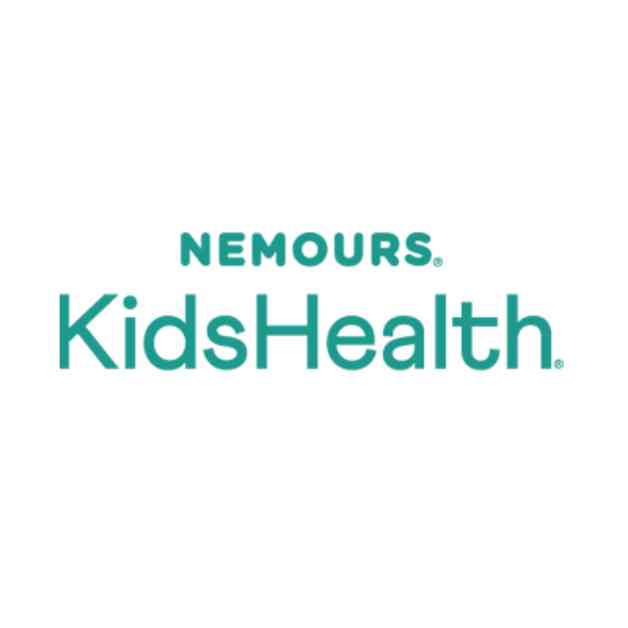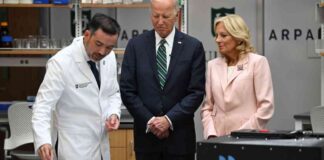Children with cochlear implants are at a higher risk of developing certain types of bacterial meningitis compared to other children. Meningitis is a severe infection that affects the membranes covering the brain and spinal cord. To protect these children from these infections, it is crucial for them to receive vaccines both before and after the cochlear implant surgery.
It is essential for children receiving cochlear implants to follow the recommended immunization schedule and receive all their vaccines on time. Some of the key vaccines that children with cochlear implants should receive include:
– Haemophilus influenzae type b (Hib) for children under 5 years old
– Pneumococcal conjugate (PCV13)
– Influenza (flu) vaccine annually for children over 6 months old, but only in the form of a shot, as the nasal spray is not recommended for children with cochlear implants
– Pneumococcal polysaccharide vaccine (PPSV23) for children over 2 years old who have received or are planning to receive cochlear implants
Ideally, these vaccines should be administered at least 2 weeks before the cochlear implant surgery. If this timeline is not feasible, the vaccines should be administered as soon as possible after the surgery to ensure the child’s protection.
It is important for parents to understand that immunizations are safe for children and teens with cochlear implants and play a crucial role in preventing various diseases. While children with cochlear implants are at a higher risk of certain types of meningitis, they are not at an increased risk of meningococcal meningitis. Therefore, they can safely receive the meningococcal vaccine along with all other routine immunizations as per the recommended schedule.
By ensuring that children with cochlear implants receive all the necessary vaccines at the appropriate times, parents can help protect their children from potentially serious infections and provide them with a healthy and thriving future. Stay informed about the recommended vaccines and consult with healthcare providers to ensure that your child’s immunization needs are met.


















